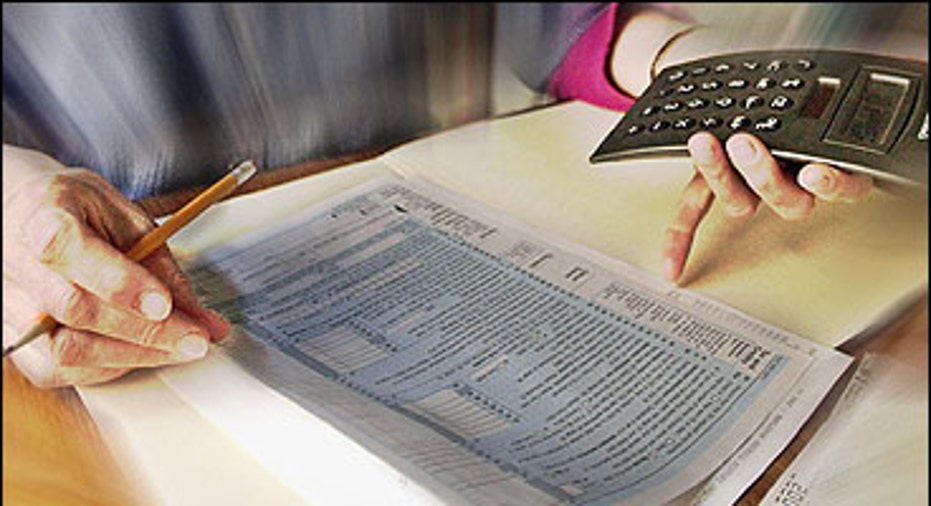Are Tax Breaks for Retirement Plans a Waste of Government Money?

We are all about the tax breaks--they save you money–why not take advantage?
Did you hear that? Let us repeat ourselves: Because you don’t pay taxes on money you put into a retirement account, saving for retirement saves you money.
What, you didn’t see that stampede toward the HR department? Yeah, us neither.
And that’s just what a new study confirms: Our collective response to tax breaks is just to shrug our shoulders.
And that’s not good, because the government spends more than $100 billion a year, according to The New York Times, on tax breaks that encourage Americans to save for retirement–or are meant to anyway.
The study was conducted in Denmark by researchers at Harvard and the Danish National Center for Social Research. Why Denmark? While there have been many studies trying to discover whether our tax policies here in the U.S. actually encourage retirement savings, none have ever been conclusive. Because Denmark keeps much more detailed numbers on retirement saving habits, this study sheds more light on the psychology of saving than ever before.
And it found that for every dollar the Danish government spent on retirement saving tax breaks, the public only saved an additional cent. Wait, the government spends a dollar just to get us to save a cent? Ouch.
RELATED: Contribution Limits for Retirement Accounts Increase in 2013
Why Tax Breaks Don’t Raise Retirement Savings … Much
It makes sense if you think about it. When you enroll in a 401(k) through your work, you technically save on taxes, but what you see is a drop in your paycheck. It’s not like the government puts a bunch of twenty dollar bills in your palm and gives you a pat on the back for signing up. Though you might get a larger refund … all the way in April.
What’s even less tempting is when you’re considering dropping $5,000 ($5,500 starting next year) into your IRA with the promise of being able to withdraw it 30 or more years from now. It’s like trying to train Pavlov’s dog by ringing a bell and handing him a treat four days later. That dog is going to have no idea what you want it to do, nor will it care.
Are You a Passive or Active Saver?
The researchers identified two types of retirement savers: “passive” and “active.” 85% of Danes were passive savers, and weren’t influenced by government policies. The other 15% were active savers, who tended to be wealthier.
When the Danish government reduced a retirement-savings tax break, passive savers hardly reacted at all. Meanwhile, active savers didn’t save any less, they just shifted their money around to different accounts with better tax advantages.
What did finally get the passive savers to start putting away money was automatic savings programs–like those automatic withdrawals for your 401(K).
RELATED: Nudge Yourself to Better Finances
The Implications for Public Tax Policy
This study comes at a crucial time, as Republicans and Democrats debate how to solve the fiscal cliff problem–which tax loopholes and spending programs should be cut to balance the budget?
As Congress tries to answer this question, it will likely consider the fact that the people who benefit the most from tax breaks for retirement contributions are those who need the least help saving for retirement: About 80% of retirement-savings benefits go to those making at least $100,000.
“The findings reported here call into question whether subsidies are the best policy tool to increase retirement savings,” the authors of the study wrote. “Our findings strengthen recent arguments for using ‘nudges’ such as automatic payroll deductions or savings defaults to stimulate retirement savings instead of subsidies.”
RELATED: Bad Retirement Advice Could Cheat You Out of Social Security
In short: The government could cut the tax breaks, and require companies to automatically enroll employees in retirement savings programs. That would come at almost no cost to the government, increase tax revenue and get more Americans on the road to retirement.
This is only a recommendation of one study, but just in case the government listens, it can’t hurt to max out your retirement now, right?



















